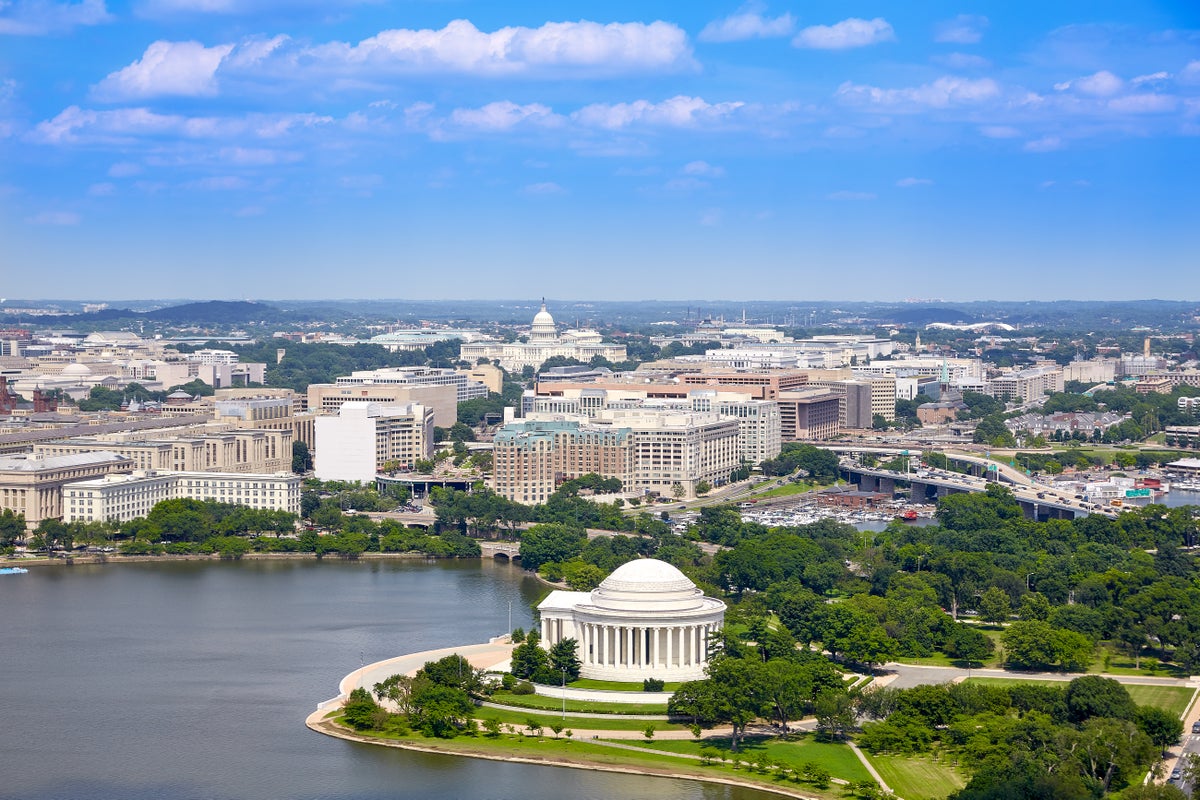
The Washington DC city council unanimously passed a bill this week that would require most new buildings in the city to eschew natural gas and make such buildings “net-zero” in energy use, reports DCist.
If finalised, these actions could help reduce emissions from buildings in the nation’s capital city.
Commercial and residential buildings are the source of around 13 per cent of the country’s total greenhouse gas emissions, notes the US Environmental Protection Agency (EPA).
By 2027, the law would enforce the new restrictions in commercial buildings, including residential buildings at least four stories tall, reports E&E News.
Another law passed by the city council this week would place restrictions on emissions from city property, including buildings and vehicles, they add.
The mayor is reportedly in favour of both bills, E&E notes.
The ban on gas use would have an exception for backup power-generation in buildings “essential to protecting public health and safety” — likely meaning places like hospitals.
In addition to new construction, major renovations — termed “substantial improvements” in the bill — would also be subject to the new rules.
This legislation would make DC just the latest local government to take on this trend. Last year, former New York City mayor Bill de Blasio signed a similar law restricting fossil fuel use in some new buildings starting in 2023.
But some right-leaning states have also passed laws that prohibit cities or counties from enacting such bans, reports Pew. Per a report from S&P Global, states ranging from Texas and Arizona to Florida have passed such laws.
Fossil fuel combustion is a major contributor to the global climate crisis, fuelled by the greenhouse gases created during the extraction and use of products like oil and natural gas.
A recent report finds that while the US is on track to reduce emissions by 2030, it is still coming up short of the progress needed to reach the goal of 50 per cent reductions in emissions by that time.







